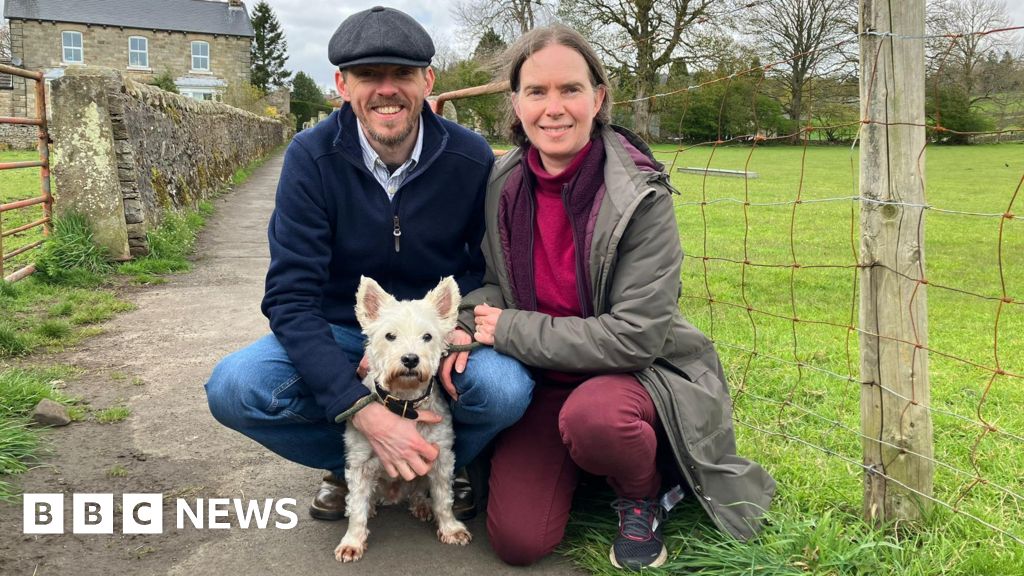Plans to overhaul the disability benefits system are expected to be announced by the government in the future.
It said benefit bills were rising at an “unsustainable rate” and needed an overhaul to ensure support reached those who needed it most.
Reforms to Personal Independence Payment (PIP) could include ending cash payments and instead providing claimants with one-off grants for things like home improvements.
Disability charity Scope described it as a “reckless attack on disabled people”.
- author, alice evans
- role, disability reporter
PIP is a non-means-tested benefit paid to working-age people to help with additional living costs due to long-term disability or poor health.
Latest figures show more than 3.3 million people in the UK are on PIP to help with additional living costs with a health condition or disability.
How much people are given depends on how difficult their daily tasks and transportation are. Maximum weekly payout is £184.30.
Cash can be used for things like special meals, clothing, extra laundry or cleaning, available taxis or fuel to get to a hospital appointment.
The number of new claims per month in England and Wales, where anxiety and depression were the main symptoms, soared from an average of 2,200 per month in 2019 to 5,300 per month last year.
The government said it expected spending on PIP to increase by 52% from 2023/24 to £32.8bn by 2027/28.
Paul Harris, from Barnard Castle, receives £72.65 a week in PIP to cover additional costs related to anxiety and depression, such as counseling and specialist treatment apps once NHS support ends.
He quit his job as a property manager in 2016 after he developed panic attacks that got so bad he would cry in his office and lock himself in the bathroom.
He has not been able to work since then and says PIP is his “last bulwark” of benefits to support him.
Harris said, “I used to call myself a zero because I had zero money coming in. I didn't have a job…so it was weird because I had zero money coming in. Just by coming here, my thinking has changed a little.”
He receives Employment Benefit and Support Allowance, but will claim Jobseeker's Allowance because his mental health is a barrier to applying for work, despite having previously sought support from the Jobcentre. It is not possible.
He stressed that the money he received “doesn't solve the problem,” adding: “It's not a miracle cure and it doesn't mean you can go on vacation and live this frivolous lifestyle.”
Mr Harris believes there is not enough long-term support available for people with mental health problems.
“Some people may be able to do a few sessions of CBT; [cognitive behavioural therapy]…but when it gets to a serious level, [of mental health] It's like telling a cancer patient that you only have 10 rounds of chemotherapy and then your fate is over. ”
The proposals, which will be submitted in the form of a 12-week consultation, include changes to the eligibility criteria for PIP.
We will consider whether statements such as current need for aids and equipment are appropriate indicators of additional costs.
Other options include one-time grants for large expenses such as home modifications or expensive equipment, or reimbursements for claimants who provide receipts for purchases of aids, appliances, or services. It will be.
They are also considering whether people with long-term conditions or disabilities need to be evaluated at all.
James Taylor, executive director of strategy at disability equality charity Scope, said the talks would not resolve the underlying issues.
“Whatever the impact, it is hard to believe that this discussion is about anything other than benefit cuts,” he said.
Work and Pensions Secretary Mel Stride said: “We are undertaking the biggest welfare reform in a generation. We are modernizing the benefits system to reflect the changing health landscape and protecting those most in need while providing thousands of benefits. We will support people's employment.”


